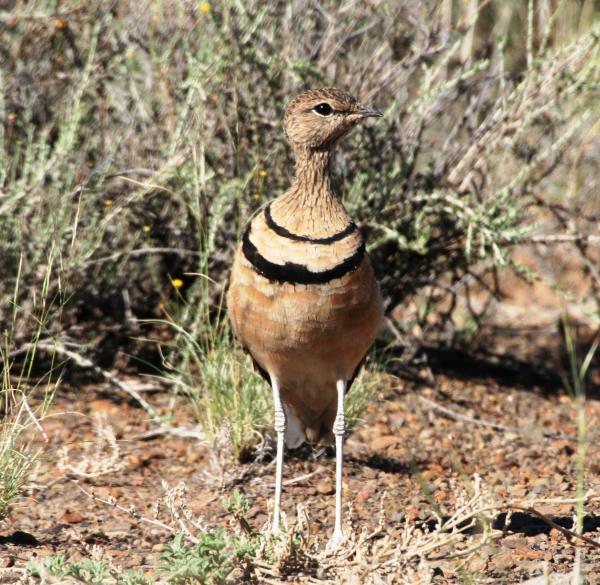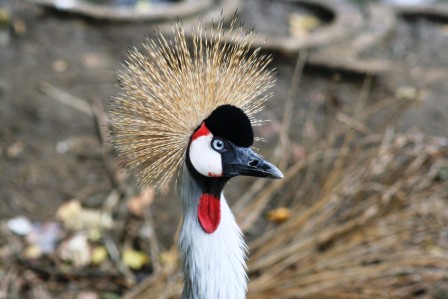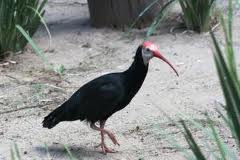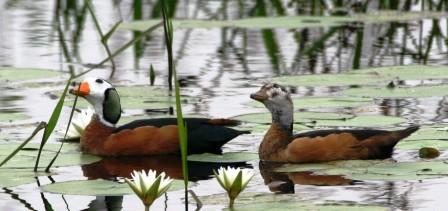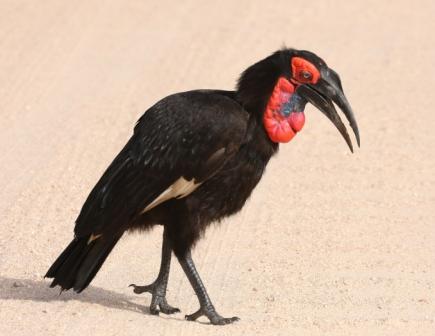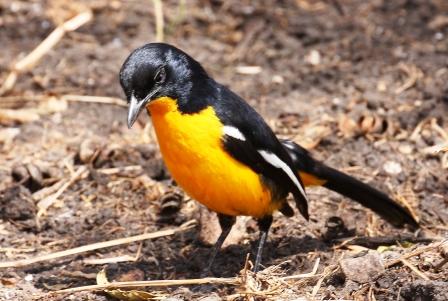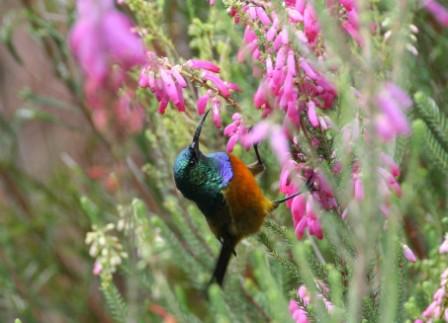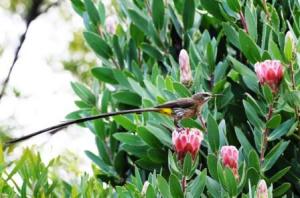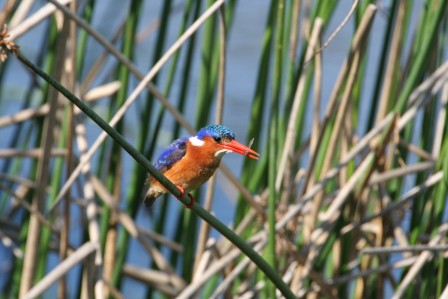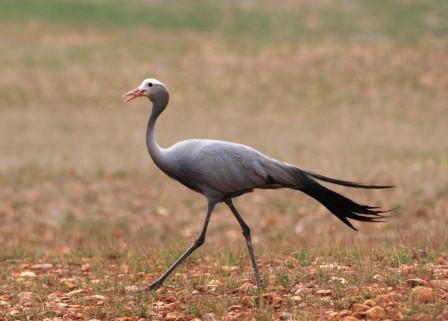|
|
JOIN OUR MAILING LIST |
|
Newsletter / Blog 2012-05-13 Red-billed Oxpeckers at Mogalakwena River Lodge Six Red-billed Oxpeckers – seen at Mogalakwena River Lodge on 28th April 2012 by birders on the Aves North West Birding Tour/ Safari/ Adventure. Red-billed Oxpecker The Red-billed Oxpecker - Buphagus erythrorhynchus – is endemic to Sub-Saharan Africa. They occur in patches from Ethiopia and Somalia through Kenya, Tanzania, Malawi and Zambia to southern Africa. Description The Red-billed Oxpecker has plain brown upperparts and head, buff underparts and a pale rump. The bill is red, and adults have a yellow eye-ring. Call The call is a hissy crackling trik-quisss. The loud hissing calls uttered whilst feeding on an animal or while in flight. Food The Red-billed Oxpecker eats insects. Their favorite food is blood, and while they may take on ticks bloated with blood, they also feed on it directly, pecking at the mammal's wounds to keep them open to more parasites. An adult will take nearly 100 engorged femaleBoophilus decoloratus ticks, or more than 12,000 larvae in a day. It sometimes hawks termite aerially and gleans prey from vegetation, but the bulk of its diet are ticks. Breeding They nest in tree holes lined with hair plucked from mammals. The Egg-laying season is from October to March and 2 to 5 eggs are laid, which are incubated by both sexes for between 12 to 13 days. The chicks are fed by all members of the group, leaving the nest after about 30 days and becoming fully independent roughly two months later. Conservation Status – Least concern This species has an extremely large range, and hence does not approach the thresholds for Vulnerable under the range size criterion. By 1910 the range of the Red-billed Oxpecker had shrunk to the north-eastern corner of South Africa. The dips used to control ticks on cattle were a death sentence for oxpeckers. With the introduction of “oxpecker-friendly” dips, a series of translocations and natural recolonisation, the range of the Red-billed Oxpecker has expanded in South Africa. Birds have been translocated to reserves in the Eastern Cape, Western Cape and Northern Cape. This has been co-ordinated by EWT – Wildlife Conflict Prevention Group. Birdwatching Ask Aves Birding Tours/Safaris/Adventures to create an Aves custom tour for you or book on one of the following Aves Birding Tours/Safaris/Adventures: - Aves Arid Birding Tour/Safari/Adventure. Aves Eastern Cape Birding Tour / Safari /Adventure. Aves Highlands / Tembe Birding Tour / Safari / Adventure. Aves KZN Birding Tour / Safari / Adventure. Aves North East Birding Tour / Safari / Adventure.
|
| Back | Back to top |
 |  | Cape Town Tourism  |
|||||||||||||

